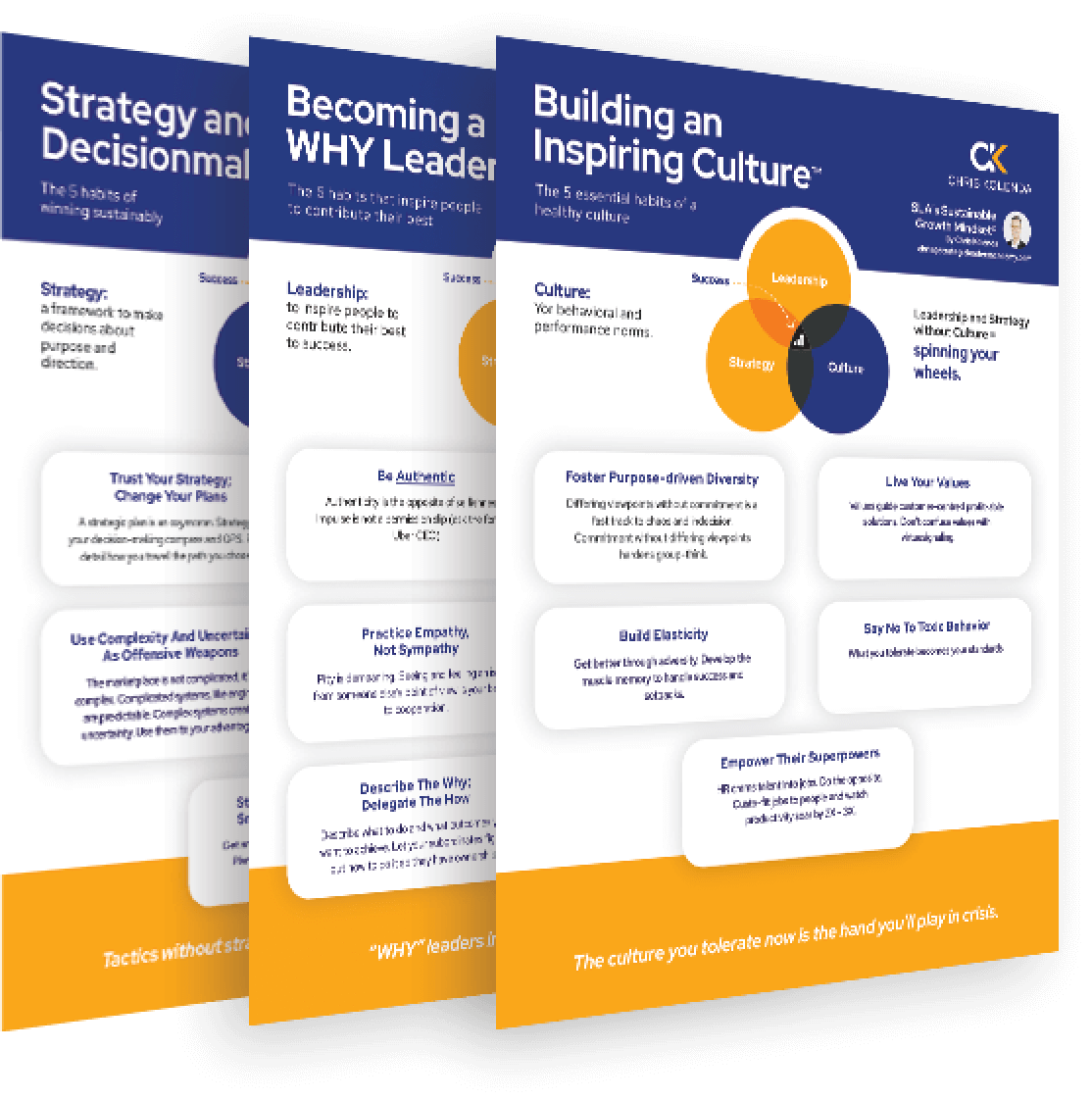Empathy and Retention
 |
| Forbes released an article on September 19, 2021, stating that empathy is the most important leadership skill. The greater the empathy, the greater the innovation, engagement, retention, inclusivity, and the ability to navigate the demands of work and life. Wow! That’s a jam-packed list of positive outcomes. Better yet, empathy reaps more empathy. You are in a leadership position, which comes with a huge responsibility in helping your employees to be their best selves. If you can’t empathize with them, how can you help them? Empathy can come in many forms. Be present, acknowledge their feelings and thoughts without one-upping them, ask questions, give eye contact, don’t multi-task, be compassionate, and be both emotionally and cognitively open. As a leader, I saw the outcome of my empathy and lack thereof. I worked hard to create a safe place for my employees to feel heard and understood. I asked that the elephant be put on the table, that the conversation was solution-focused, and I listened to understand. The staff was appreciative that they could work in a building where they felt valued and cared for. I didn’t always get it right, though. Once the pandemic hit, I wanted to continue the exact same pre-pandemic trajectory. I was quick to stop complaints in mid-sentence―especially when those complaints were done in large teams. I wanted the team meetings to be focused, positive, and efficient so that the already overwhelmed staff could get back to their demanding jobs. My misstep was that the staff wanted to feel heard, validated, and built up. I created more of an us vs. them mentality by cutting them off. Thank goodness, I had a strong set of team leaders who shed some light on the situation and I was able to pivot into a more understanding role. Here’s the deal, leading with empathy is crucial. It’s not a weakness, it’s not catering to the millennials or the snowflakes, it is part of our evolving workplace. We keep talking about how the millennials have changed the ways of business. Well, guess what? Gen Z is now entering the workforce. What impact do you think they will have on the way we run our businesses and the way we lead? Follow the R.E.T.E.N.T.I.O.N. steps to better empathize and hold on to your valuable employees: · RESPECT – Give people your full attention when they speak. Keep in mind that constructive criticism and feedback can be done in a respectful way. · EMPATHIZE – Lend an ear, help problem-solve―hopefully giving your employees the agency to create solutions on their own thereafter, and listen to understand. · TRUST – Use compassion, integrity, and consistency. It will boost employee buy-in. · ENGAGE – Boost engagement by purposefully hiring employees to work within their passions and strengths so that they’ll enjoy what they do. · NORMS (rules of engagement) – Set reasonable expectations, stick to them, and ask that everyone assist in holding each other accountable. · TIME – Have patience, don’t overwork your employees, offer professional development opportunities. The more your employees grow, the more your business will grow. · INNOVATE – Allow your team to be creative. This will not only boost workplace satisfaction, but it will move your organization forward and it will give your employees a sense of belonging. · OPENLY PRAISE – Acknowledge, validate, and give positive feedback for work well done. · NEEDS – Offer assistance and understanding when needed. Be sure to treat mental health the same way you treat physical health. Burn-out can have much greater implications for your business’s productivity than a broken leg. Most importantly, make sure your cup is full. It’s a great way to lead by example and only then can you offer your best self to help others. Are you asking yourself, “How do I do this?” I can help! laura.colbert@strategicleadersacademy.com |



